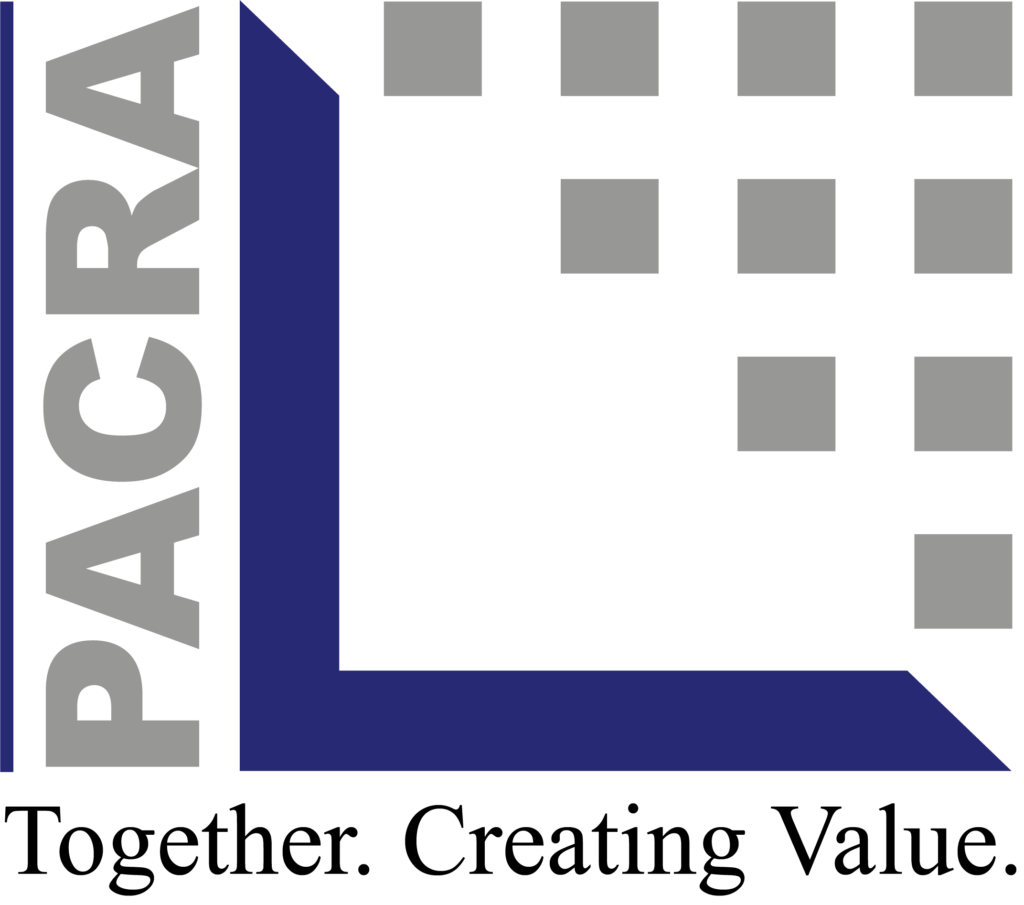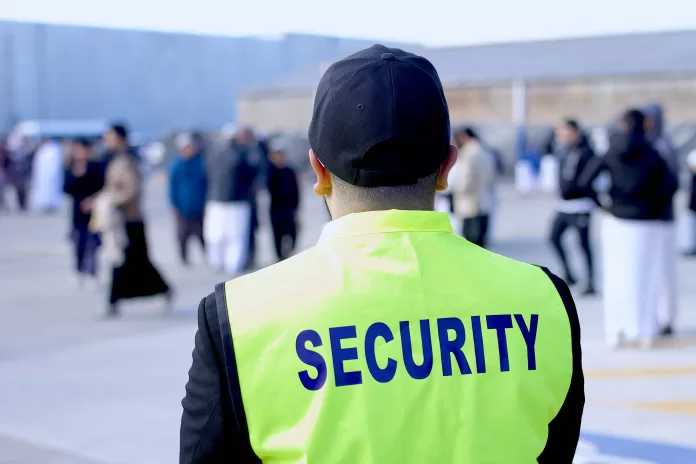The primary responsibility of the State being to provide overall security for the life and property of its citizens, it is incumbent upon private individuals, property owners and businesses to look beyond the state to private security firms for their own protection. History records “guns for hire”, in effect mercenaries, providing security to the feudal elite, this shift to reliance to organized private security companies to protect people and property has reshaped the concept of security in global societies. The civil law enforcement agencies (LEAs) being heavily understaffed, underpaid, overworked and dogged by suspicions of corruption and inefficiency, this need is force-multiplied.
From individuals and corporate entities relying on chowkidars, the handful of private security companies in the early 80s have had a mushroom growth in Pakistan. This rapidly expanding industry diversified into various types of services, ranging from guarding individuals, transporting cash and valuables, and providing security in shopping and business centres, etc, remote monitoring by CCTVs, alarm systems etc. Increasingly providing security in the developed world in areas which were previously considered the reserved domain of the law enforcement agencies (LEAs), these include airports and ports, nuclear and military facilities, etc. The special needs of certain areas of conflict some tasks require outsourcing to these private security companies, working as military personnel these have turned a full circle and morphed into “mercenary” entities.
There is now an estimated 300 plus private security companies operating with a manpower strength of over 300000 in Pakistan. Because key legislation regulating the industry is missing there is a virtual legal black hole, this unorganized growth under a weak regulatory frame work has camouflaged many glaring deficiencies, including the lack of background checks of guards/employees, verification of their antecedents, etc. During the early 80s and even into the 90s, many guards were retired army soldiers. Companies were able to run elaborate background checks on army pensioners by examining their documented history before recruiting them. With this manpower pool now not available in quantity and/or quality and given the requirement of better education to handle computers and sophisticated equipment, the majority inducted are civilians.
With numerous instances of companies not conforming to our labour laws and/or extending proper benefit to employees, there is a pressing need for proper working guidelines. Very few companies have HR policies, a proper system of recruitment, regular training regime for guards, maintaining proper inventory of arms and ammunition, etc. To its credit the private security umbrella organization, “All Pakistan Security Agencies Association (APSAA)”, have a code of conduct and lay down standards but does not have the authority to enforce compliance. APSAA has established training schools but cannot ensure compulsory training of all the guards employed by its members.
The absence of strict regulatory controls has resulted in a proliferation of fly-by-night operators outside the purview of APSAA, these work with modest budgets and cut corners to make a quick buck. Prepared to work from one small room with a small team of guards (in some cases the guards have to possess their own weapon to be considered for service), these operators have almost no overheads.
A major difference between private security companies and state public security providers is that the latter are directly accountable to Parliament, Government and by extension the public (at least in theory), whilst private security companies are only answerable presently to their shareholders and clients. To correct this anomaly regulation has now become necessary to make both the companies and their employees accountable for their actions. Regulation is also essential in view of the potential harm that corruption and infidelity could produce in the extremely sensitive field of security, particularly because of the widespread terrorism prevalent. Regulation provides the formal mechanism of control to guide conduct and ensure the universal application of the law. Greater regulation can lead to enhanced accountability, on the other hand a regulatory authority mechanism itself has to be fair and accountable.

An autonomous Regulatory Authority needs to be established under either the Ministry of Interior (MOI) or the Ministry of Defense (MoD) to regulate private security services industry. The objectives would be (a) to regulate the private security services industry in Pakistan and to exercise effective control over the security service provider not only in the public and national interest but the legitimate interests of the private security industry itself, (2) ensure that all security service providers ensure the interest of the users of the security service in the rendering of such services (3) promote an industry which is characterized by professionalism, transparency, accountability, equity and accessibility, determining and enforcing minimum standards of occupational conduct among security service providers (4) promote high standards in the recruitment of personnel and training thereof (5) promote the protection and enforcement of the rights of security related employees in the industry and (6) act as a second line of defence during emergencies, taking over many duties from LEAs in aid of “civil defence” in metropolitan areas.
One of things most needed is for professionally conducted grading to ensure the ability of a company to provide protection. A detailed “Security Agency Grading” on a specially created format by the country’s premier Rating Agency like “The Pakistan Credit Rating Agency Ltd” (PACRA) would highlight the company’s primary strengths and weakness. That will enable the Authority to establish the security company’s standing among its peers, you cannot compare apples to oranges.
PACRA’s report will also enable the Authority to ensure that employees of private security services companies are protected by minimum wage and maximum work hours stipulations. Despite the requisite labour laws many companies do not abide by any rule, having no voice the poor guards continue working under oppressive conditions. Given the abysmal situation of law and order in Pakistan and the guards being in the line of fire, their lives are more at risk that any other employee of any entity. Guards must therefore not be treated as normal labour, theirs is a very specialized task that involves specialized training and skills that in turn exposes their lives to greater risk than those in other employment opportunities. Criminal activity has spiked abnormally so that even those guards posted at markets, malls, offices, industrial sites, etc are at some risk. With terrorism proliferating throughout the land, the risk has been force-multiplied manifold. Security guards must be compensated adequately for the risk they have to face day in and day out, covered by health and life insurance, suitable monetary compensation must be given to the next of kin in the event of death while on duty. The proposed Authority thus will act as a safety net for these guards, ensuring better working conditions and better benefits for guards henceforth.
Regulation is also essential in view of the potential harm that corruption could produce in the extremely sensitive field of security. Regulation could also help to better ensure that private security employees do not play a part in crime. Contributing to improving the professionalism of the sector and for boosting public confidence in the private security industry, comprehensive monitoring by a competent regulatory authority can lead to enhanced accountability for the private security services sector.




